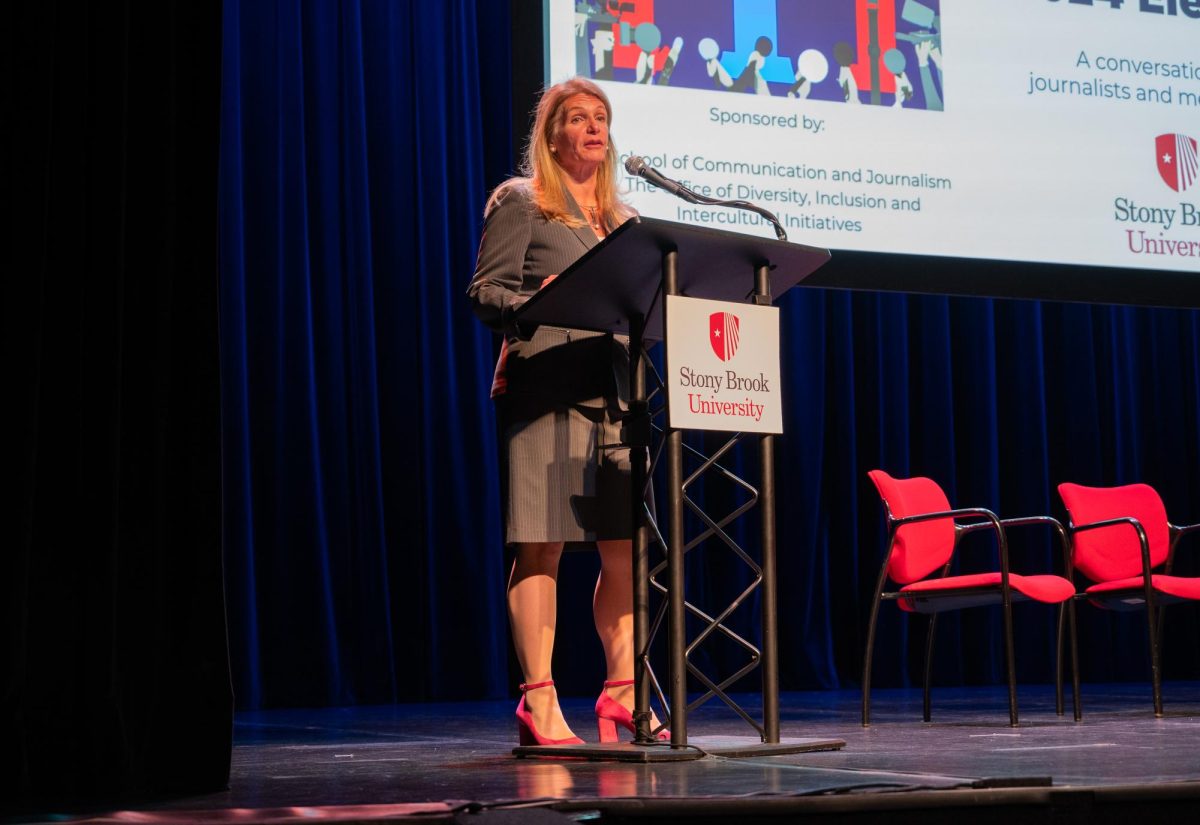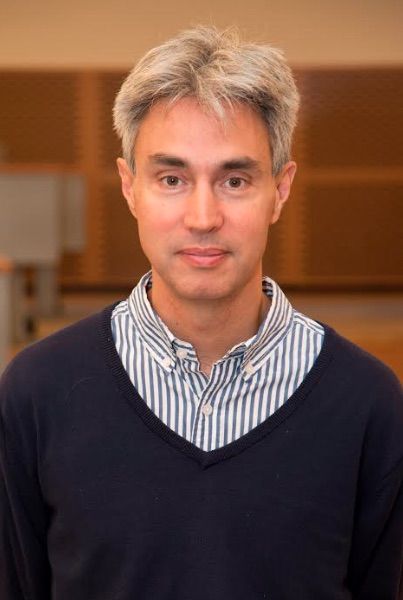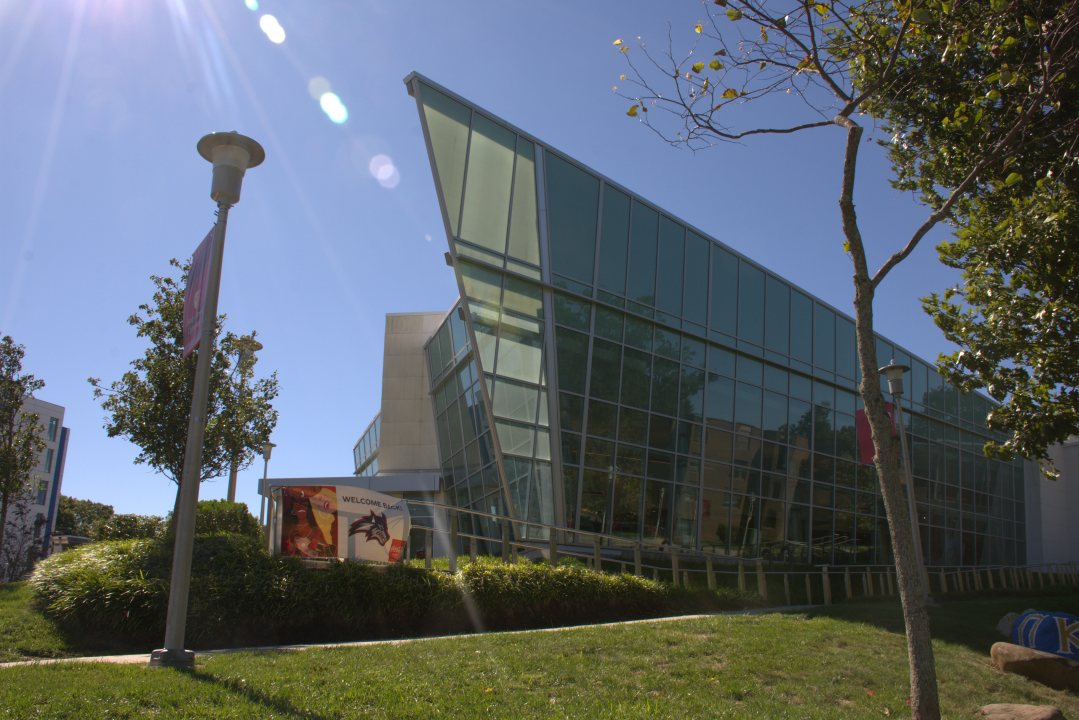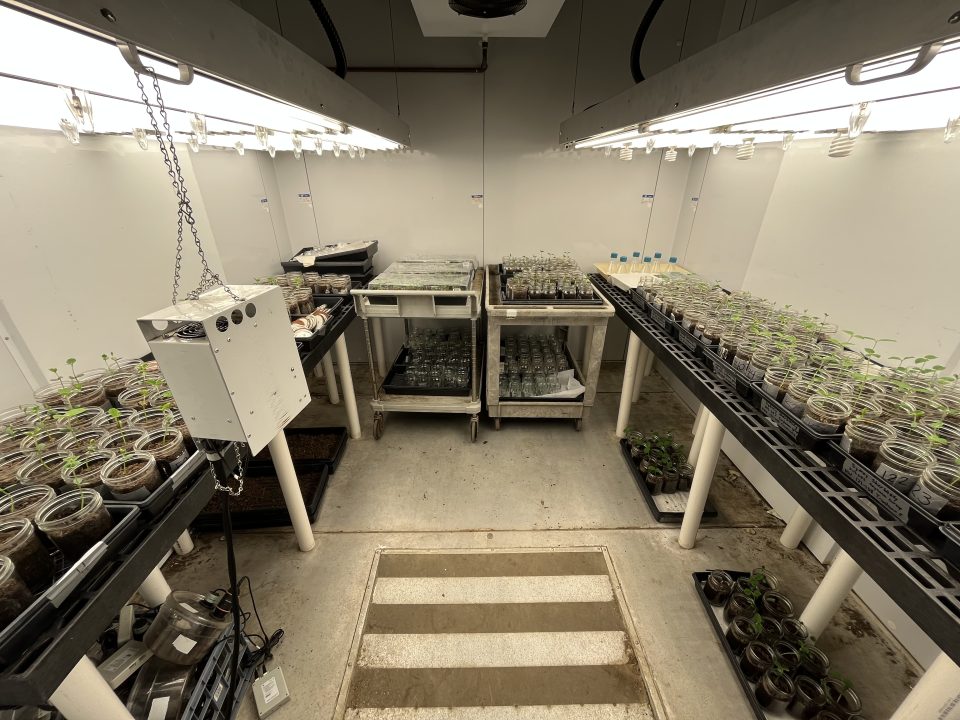
Interim President Michael Bernstein hosted a panel on the coronavirus, streamed live on Stony Brook University’s Facebook page, on March 13.
Guest speakers Sharon Nachman, a pediatric infectious disease specialist; Nancy Tomes, a distinguished professor of history at Stony Brook; and Stacey Finkelstein, an associate professor of marketing at Stony Brook, provided their own expertise throughout the live session.
“We think we’ll all get it,” Nachman said. “We think we’ll make antibodies that will protect you, we think the virus will not mutate, but on the other hand we are all probably going to get it.”
Nachman said that Stony Brook University Hospital opened up a new floor to treat patients. The hospital’s equipment is up to date, there’s plenty of beds and there is currently no shortage of medical supplies.
“We have what it takes to take care of the patients in our hospital and in our community,” said Nachman.
Nachman pointed out that since a lot of people, especially children, are asymptomatic carriers, it could take the virus “much longer” to enter communities.
She said that Stony Brook University Hospital is working on developing a plan to send out COVID-19 tests so that they can be returned within 24 hours, rather than days.
“In the next two to three weeks, we will move that ability into the institution and have less than one day turn around,” Nachman said. “I think every day we are moving and every day we are changing.”
Though companies are trying to develop vaccines, Nachman doesn’t expect one to be developed soon. There will likely be multiple potential vaccines trotted out over several months, she said.
Finkelstein, who is currently in New Rochelle where national guards are deployed in order to help contain COVID-19 in New York City, gave an update on the situation there.
“The national guard is here but they are only here in a peacekeeping capacity in order to provide food,” she said. “The community is holding their breath at this point and things are relatively quiet.”
Tomes said that the university’s shift to online classes starting after spring break took faculty, staff and students off guard.
“Remote learning is so far so good,” she said. “I am trying to see this as an opportunity to learn some online skills.”
Tomes compared the coronavirus to the Spanish flu, which was carried around the world by troops during World War I.
“In some ways, it’s similar,” she said. “We saw [COVID-19] in Wuhan then Italy and we see that it’s coming at us.”
Tomes added that governments should learn from these experiences.
“I’m hoping we learn from lessons like this and we learn how to respond more efficiently,” she said. “This is not the last time it will be happening.”
At the end of the conference, Bernstein announced that Stony Brook University will extend spring break for another week.
“This will give us a chance to catch our breath and make sure that we are able to go into the non-traditional remote instruction in the most effective way possible and we will continue to learn more about this unprecedented pandemic,” he said.
















